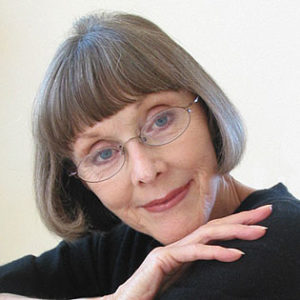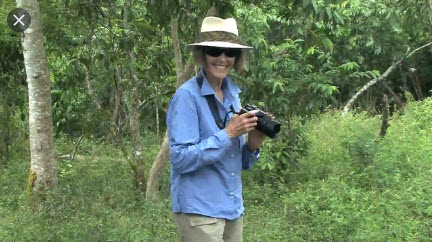By Timi Gustafson, R.D. 
Of course, one never quite retires from parenthood the way one leaves behind work places and careers. But, although as “seniors” we may still have a place in the lives of our families and friends and our contributions may continue to be helpful and needed, we are no longer movers and shakers of affairs that matter now. We are expected to take the backseat and many of us do so willingly and with grace. I don’t question the value of the roles that society assigns to the older generation and I’m not at all critical of those who consent to follow these traditions lovingly.
Having said that, I must admit that I’ve been thinking a lot about the meaning of retirement lately. It’s not what it used to be — at least not where I come from. As so many of my contemporaries, I’m in great shape, both physically and mentally (as far as I can tell). Frankly, it doesn’t feel like the last chapter in my biography has been written yet. I’m still curious about my future. In fact, I have great expectations about what life still has in store for me. Come to think of it, “retirement” is quite the opposite of what I like to envision for myself.
When you look up the word “retired” in a dictionary, you can find it defined as synonymous to “withdrawn” and “living apart from the world,” even “living in seclusion.” The ancient Romans who invented many of the words we still use today called retired people those who were removed (remotus) from society, who were reduced (reductus) in their ability to participate in public life and who spent their remaining years in solitude (solitaris), even in the shadows (vita umbratilis). I guess that’s why old age is sometimes called “the twilight years.”
None of this sounds like much fun to me. I wonder if it wouldn’t be better to go out with a bang instead of a miserable little whimper. I know for sure that I’m not alone in my objection. Contrary to the commonly held notions of old age, baby boomers are retiring in better health and with more zest for life than any of their predecessors in history. Trust me, this generation knows a thing or two about going out in style.
So, now the question is what can I actually do with my life as a retired-but-not-nearly-dead person? Perhaps, a possible answer could be: Retirement is about second chances. Don’t get me wrong, I’m not inclined to live in denial about the facts of aging. I don’t pretend to be a spring chicken, because I’m not. I don’t ignore the fact that I lost a great deal of my physical ease and agility over the years.
Yet, even those occasional aches and pains are mine. I’ve earned them. They are part of the life I lived and I accept them as such. But I don’t let them run my life. By acknowledging my limitations, I discover the many opportunities I still have to do what I want — and, in many cases, what I always wanted to do but never found the time for.
 From early childhood on, I had an insatiable appetite for travel. I still do.
From early childhood on, I had an insatiable appetite for travel. I still do.
Throughout my life, I explored innumerous places and lived in different parts of the world. However, it wasn’t the change of scenery that forged who I am today. Rather it was the inner journey that took place along the way.
This journey is not complete — not unless I want it to be. We all have the power to continue on our personal path as long as we choose to do so, no matter what we encounter or where it leads us. Whether we travel across land and sea or carry our dreams on the inside, there is always more uncharted territory to discover.
If you, like me, consider retirement, I recommend that you take your chances this time around.
———————-
Timi Gustafson, RD, LDN, FAND is a Registered Dietitian, health counselor, book author, syndicated newspaper columnist and blogger. Timi completed her Clinical Dietetic Internship at the University of California Medical Center, San Francisco. She is a Fellow of the Academy of Nutrition and Dietetics, an active member of the Washington State Dietetic Association, and a member of the Healthy Aging, and Wellness Nutrition practice groups. USA.
Printed with the author’s permission.




